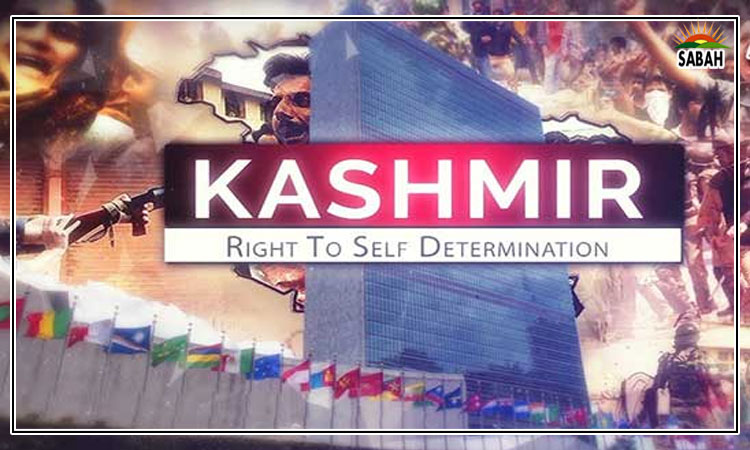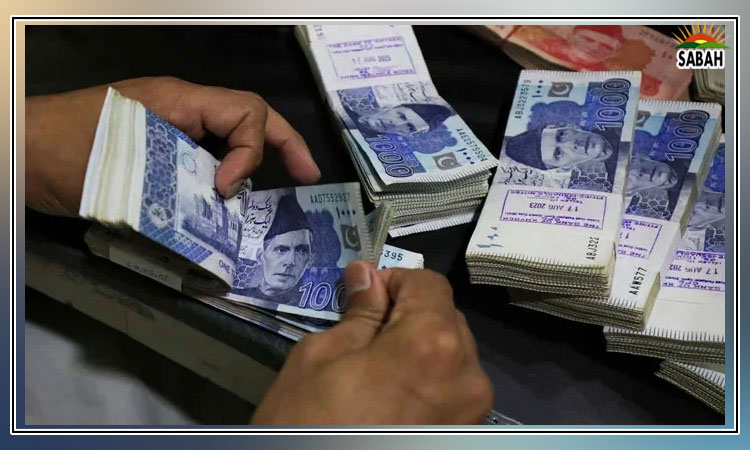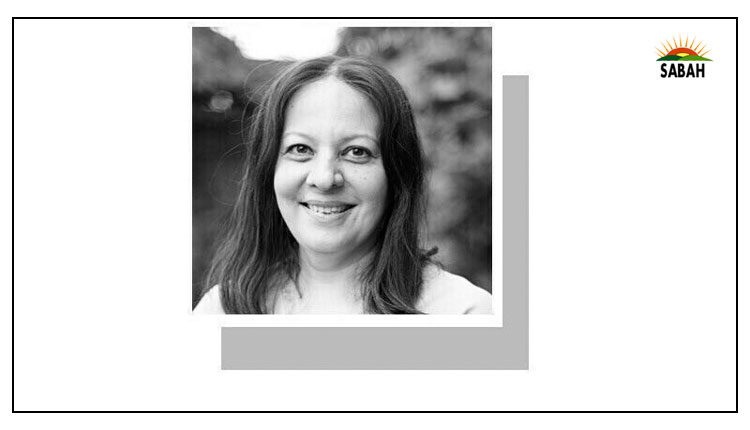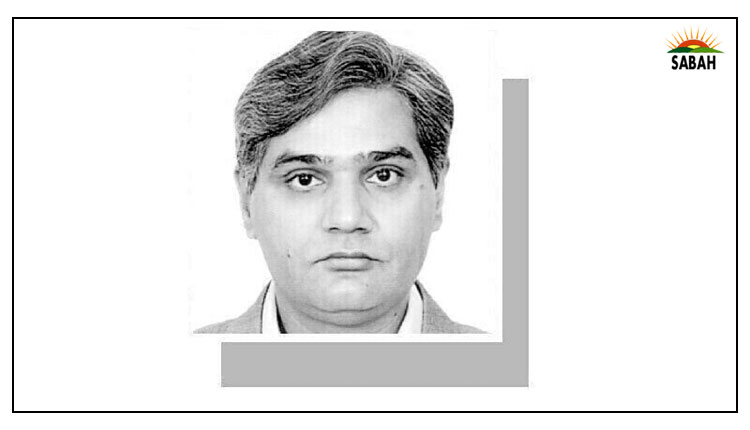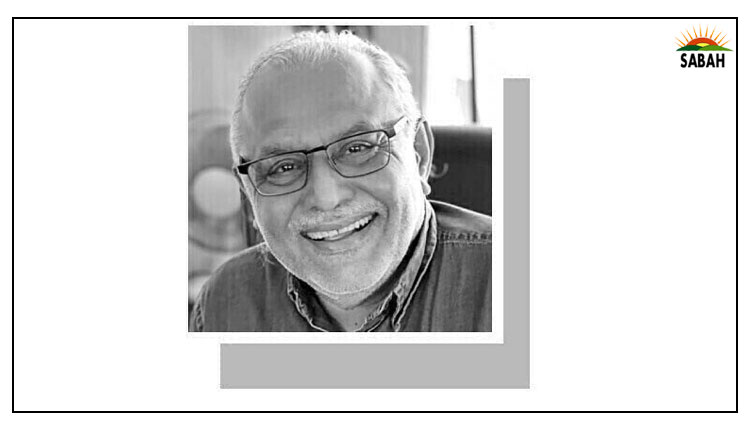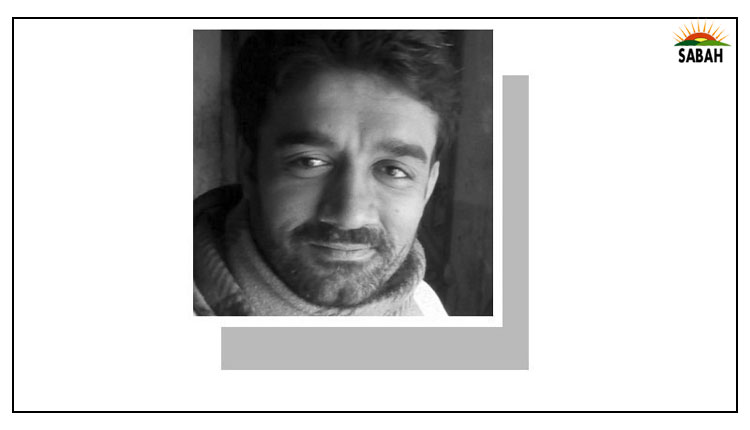Innocence in peril…Furqan Hyder Shaikh
WE cannot risk frittering away more time trying to understand that protected children are essential for a sustainable and prosperous Pakistan. Often, discourse about child safety is wilfully avoided, and this escapism has had serious after-effects in the form of violent adults disowned by family, society and institutions. Can care and attention from the day of birth to the age of 18 not prove more beneficial for collective development?
Globally, children under the age of 18 enjoy all facilities in a stimulating environment replete with opportunities to learn and grow. It is these well-versed individuals who will go on to nurture peace and inclusivity and contribute towards national development.
But in Pakistan, children are deprived of basic services, such as free qualitative education, healthcare and playgrounds. Therefore, they turn into undesirable elements relegated to the outskirts of society. According to the Society for the Protection of the Rights of the Child, the number of child beggars in the urban centres of Pakistan stands at 1.5 million. One wonders about these bitter results of negligence; why are they excluded from social development and who will keep them from committing crime?
The Sindh Child Protection Authority (Amendment) Act, 2021, describes caregiver to include state, agency, unit, organisation responsible to provide necessary care to child…. But poor children on urban roads are the very picture of abandonment by the same protection authority. For example, it is highly unlikely that those working in shops in Hyderabads Shahi Bazar have ever been visited by members of any organisation to ensure their safety, enrolment in schools and counselling for their parents.
Poor children on urban roads are the very picture of desertion.
According to Unicef, 3.3m children are deprived of a childhood due to child labour, poor healthcare and lack of education and they become abusive individuals for many reasons, such as certain painful experiences that scar them for life. Parents must play a better role so that children are shielded from being violated, exploited, neglected, and abused (VENA).
The devastating floods of 2022 threw up tangible and intangible losses devastated homes, livestock, public infrastructure and livelihoods and traumatised innocence. District Dadu in Sindh was severely damaged in the deluge and Taluka Khairpur Nathan Shah was entirely submerged. More than one and a half years later, a majority of villagers in Khairpur Nathan Shah are still combating misery and abject poverty. Undoubtedly, children in these parts are in dire need of rehabilitation through housing, nourishment, medical treatment and psychosocial support to emerge from their distress. They simply cannot be left to endure the same fate as the residents of Badin and Thatta who have been trapped in angst since the cyclone in 1999, which ripped through Sindhs coastal belt.
Hence, whoever is committed to child protection, including the provision of urgent protective measures to the flood-affected young in Dadu, will be held in high esteem. The National Rural Support Programme, in collaboration with Save the Children International and the EU, is actively facilitating children in various flood-affected villages through diverse activities, such as establishing child friendly spaces (CFS) where rural children can go after school hours and enjoy recreational activities, learn life skills and acquire knowledge with learning kits. As the concept illustrates, CFS is an ideal situation to nurture and shelter children and ensures that they are not exposed to VENA.
First, in order to keep our children safe from VENA present in family structures as well as the overall social landscape parents and guardians must be made more aware of a childs movements.
Second, the government should establish CFS in every devastated village in Sindh to convert a childs free time into hours of creative and productive activity.
Third, some robust legislation has to be carried out and implemented to make accountability certain. Moreover, the capacity-building of CFS with more staff, resources and security should be initiated to help systematically institutionalise child protection.
Fourth, the top cadres of Sindhs ruling party, the PPP, must take personal interest in streamlining CFS in the province and guarantee that all Sindhs children are safe from the multidimensional torment of VENA. What is also imperative is that print and electronic media raise awareness about CFS and promote the care model throughout the country.
Finally, oil and gas companies operating in Sindh should fulfil their responsibility towards making child protection endeavours and CFS a significant part of corporate social responsibility.
Courtesy Dawn


